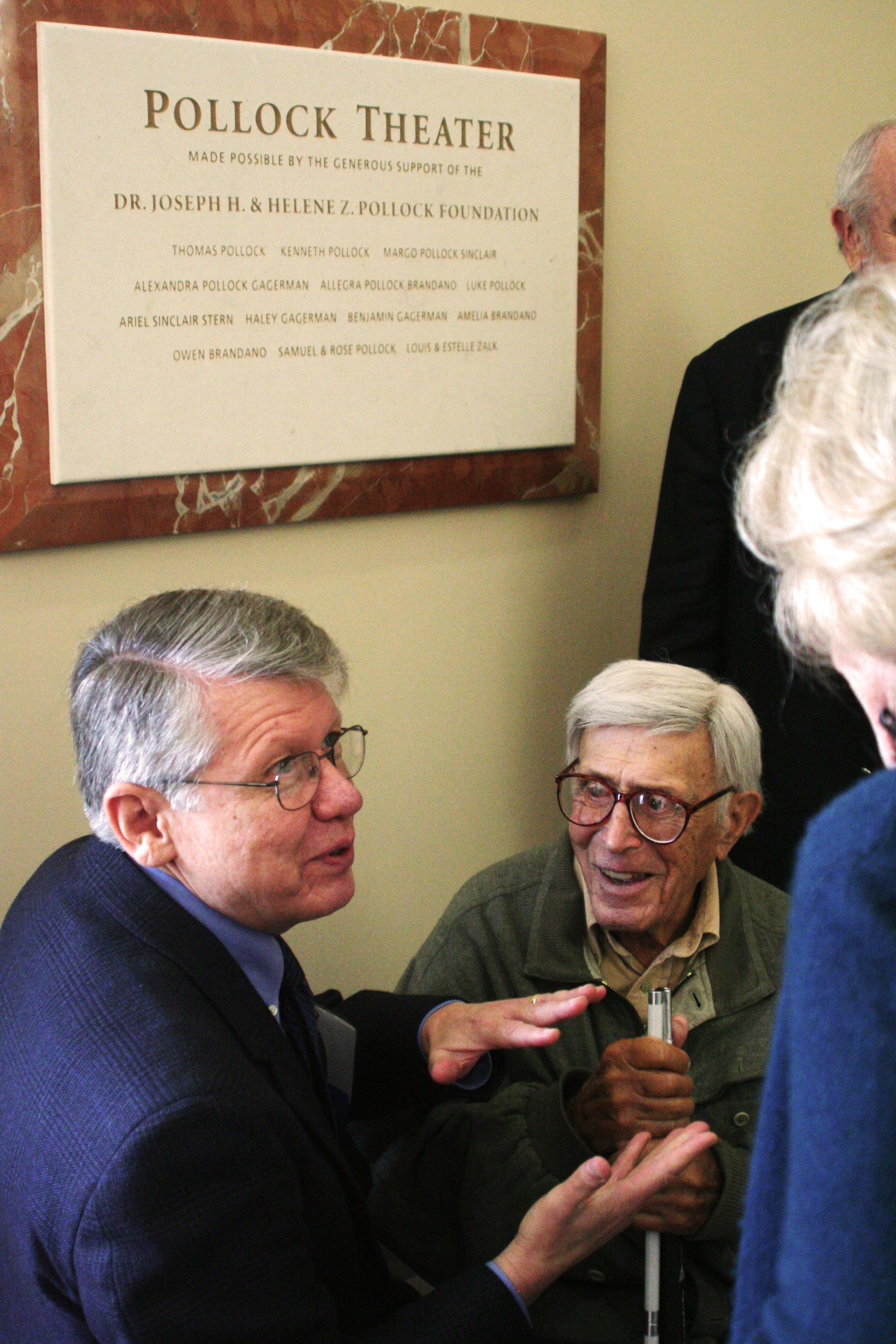Charles Wolfe is Professor Emeritus of Film and Media Studies at UC Santa Barbara. His research and teaching interests include film history and theory; historiography; American cinema and cultural history; documentary film and photography; comedy; screen adaptation; and the history of early film sound. He is the author of two books on the films of director Frank Capra and has published widely on various aspects of the history of commercial, independent, and documentary films, with a focus in recent years on Buster Keaton and California Slapstick and the comic entanglements of different spatial and historiographical logics in this genre. With his late colleague Edward Branigan, he co-founded and served as series editors of the American Film Institute’s AFI Film Readers (Routledge), which between 1989 and 2021 published 41 volumes of new critical essays on topics of emerging concern in film, television, and digital media studies. Viewed in composite, the AFI Film Readers series charted new paradigms for scholarly inquiry in cinema and media studies over the course of three decades.
Wolfe received the Outstanding Pedagogy Award from the Society for Cinema and Media Studies in 2011, a Distinguished Teaching Award from the UCSB Academic Senate and Alumni Association in 1987, a Professor of the Year Award from the UCSB Mortar Board/Senior Class Council in 1992, and an Outstanding Faculty Award from the UCSB Office of Residential Life in 2001. He chaired the Department of Film and Media Studies from 1994 to 1998, during which time plans were launched for the construction of UCSB’s Pollock Theater, now the region’s premier public screening venue and current home to the public programs of the Carsey-Wolf Center.
Wolfe served as Associate Dean of Humanities and Fine Arts in the College of Letters and Science at UCSB from 2003 to 2008, and as the Interim Co-Director of the Carsey-Wolf Center in 2015-2016. He was a member of the Board of Directors of the Society of Cinema and Media Studies from 2006 to 2009, and has served as a Rockefeller Fellow at the Wisconsin Center for Film and Theater Research, a scholarly advisor to the New York Center for Visual History American Cinema Project, a member of the Advisory Board of the San Francisco Film Festival, and a member of the advisory or editorial boards of Quarterly Review of Film and Video, Journal of Cinema and Media Studies, and Studies in Documentary Film.
Wolfe’s interest in Film Studies as a scholarly discipline was first stirred as an undergraduate at Brown University between 1967 and 1971. While formal study of cinema was absent from the curriculum, a vibrant Film Society, student-led and supported by prescient faculty, filled the void. Enrolling in the School of the Arts at Columbia University, Wolfe received an MFA in Film in 1973, and was among the first (and last) cadre of students to receive a PhD in Film Studies from Columbia’s Graduate School in the Arts & Sciences in 1978.
During his years in Columbia, Wolfe also collaborated with Swiss architect Francois Confino (at the time a student in the Graduate School of Architecture) in the mounting of two public film festivals in New York, designed to place filmmakers and in conversation with architects and urban planners -- The Built Environment Film Festival in 1973 and the Urban Focus Film Festival in 1975. In the years between study in the MFA and PhD programs at Columbia, Wolfe also held a full-time academic appointment in the Department of English at the University of Western Ontario (now Western University), his first teaching post.
Upon completing his doctoral degree, Wolfe joined the fledgling Film Studies Program at UC Santa Barbara in 1978, and he has been inspired and sustained by the extraordinary energy, creativity, wisdom, and innovative spirit of countless students, colleagues, and campus staff in the years since.
Among Wolfe’s scholarly publications, key works on documentary film and photography include: “Direct Address and the Social Documentary Photograph: 'Annie Mae Gudger’ as Negative Subject” (1987); “Straight Shots and Crooked Plots: Social Documentary and the Avant-Garde in the 1930s,” 1996, reprinted 2016); “Historicizing the Voice of God: The Place of Voice-Over Commentary in Classical Documentary” (1997, reprinted 2016); and “Just in Time: Let Us Now Praise Famous Men and the Recovery of the Historical Subject” (1995, reprinted 2014).
In addition to his early books on Frank Capra – a comprehensive Reference and Research Guide in the pioneering G.K. Hall series (1987); and an edited collection on Capra and Robert Riskin’s first and only independent production, Meet John Doe (1989), Wolfe also takes up questions of photography, performance, and verisimilitude in “The Return of Jimmy Stewart: The Publicity Photograph as Text” (1985, reprinted 1991); “Mr. Smith Goes to Washington: Democratic Forums and Representational Forms” (1990, reprinted 1998); and “Mapping Why We Fight: Frank Capra and the U.S. Army Orientation film in World War II” (2012, reprinted 2016).
Publications related to his ongoing scholarly work on California Slapstick and Buster Keaton include: “Western Unsettlement: Transcontinental Journeys, Comic Plotting, and Keaton’s Go West (2007); “California Slapstick Revisited” (2010); “Buster Keaton: Comic Invention and the Art of Moving Pictures” (2010); “From Venice to the Valley: California Slapstick and the Keaton Comedy Short” (2011); and “California Landscapes: John Divola and the Cine-Geography of Serial Photography” (2018).
The range of topics covered in the 40+ books in the AFI Film Readers series can be found here: https://www.routledge.com/AFI-Film-Readers/book-series/AFIFILMREADERS


